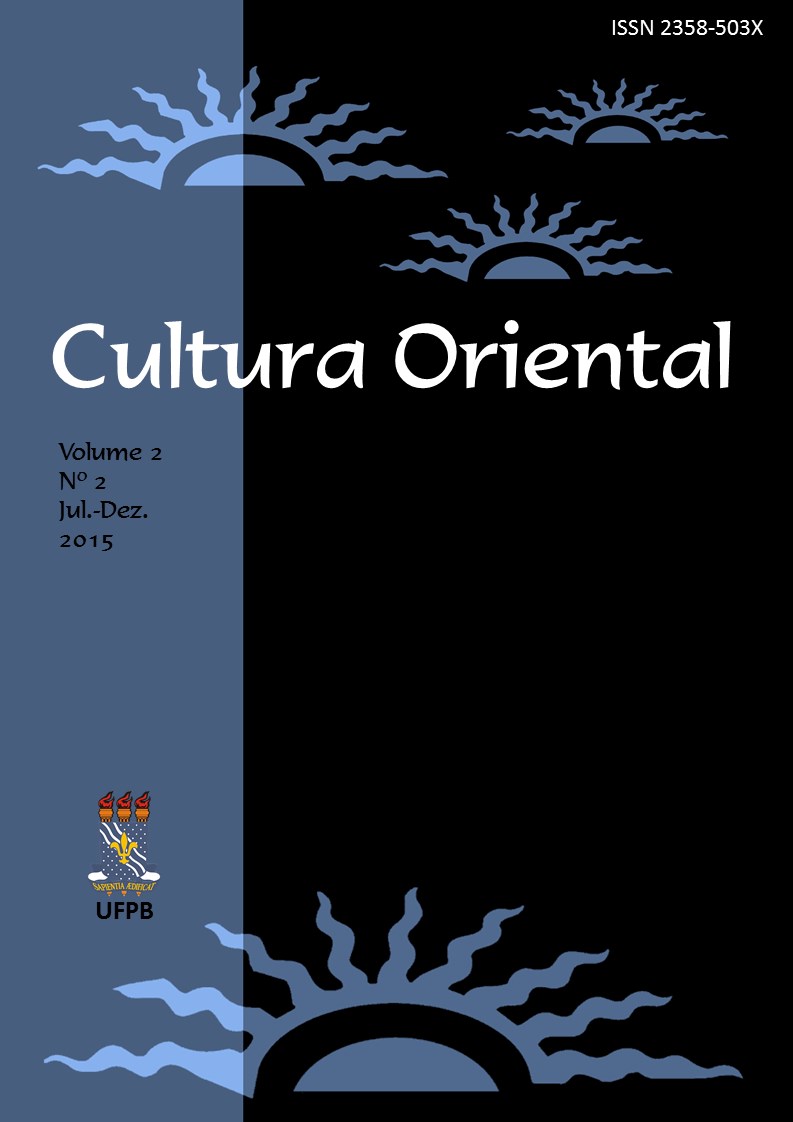Philosophical orientalism in comparative philosophy of religion: Hegel to Habermas
Resumo
The paper examines how “natural” philosophical theology is developed in Hegel from a comparative perspective when Hegel charts a history or rather epistemological diagram of world theologies, and locates within this idiosyncratic matrix the respective theologies and cultures of Western, Eastern and other civilizations. The paper demonstrates how Hegel’s thinking and trajectory has had an indelible impact in the Philosophy of Religion discourse, particularly where there is both a silence on and attempted inclusion, or systematic exclusion, of the comparable and incomparable theological cultures other than of the West. For example, the influence on Habermas who attempts to come to terms with religion in his otherwise secular-Enlightenment (neo-Kantian) philosophy bereft of metaphysics and theo-philosophy. How this discourse fares in the perspectives also of Heidegger, Husserl, Merleau-Ponty, and Zîzêk on world theologies is visited toward showing how tragically ill the closed fields of philosophical studies in the West augurs for religious cultures and philosophies of the West’s others that Hegel along with other 19th century philosophes had placed outside the bounds of rational significance or Vernunft.Downloads
Não há dados estatísticos.
Downloads
Publicado
2016-01-30
Edição
Seção
Artigos de Pesquisa
Licença
Autores que publicam nesta revista concordam com os seguintes termos:- Autores mantém os direitos autorais e concedem à revista o direito de primeira publicação, com o trabalho simultaneamente licenciado sob a Licença Creative Commons Attribution que permite o compartilhamento do trabalho com reconhecimento da autoria e publicação inicial nesta revista.
- Autores têm autorização para assumir contratos adicionais separadamente, para distribuição não-exclusiva da versão do trabalho publicada nesta revista (ex.: publicar em repositório institucional ou como capítulo de livro), com reconhecimento de autoria e publicação inicial nesta revista.
- Autores têm permissão e são estimulados a publicar e distribuir seu trabalho online (ex.: em repositórios institucionais ou na sua página pessoal) a qualquer ponto antes ou durante o processo editorial, já que isso pode gerar alterações produtivas, bem como aumentar o impacto e a citação do trabalho publicado (Veja O Efeito do Acesso Livre).


